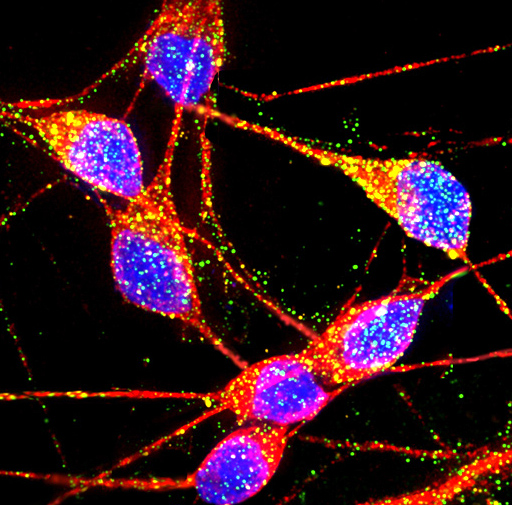Scales tipped on graft-versus-host
 A Brisbane-led breakthrough is changing lives for transplant patients.
A Brisbane-led breakthrough is changing lives for transplant patients.
The US Food and Drug Administration (FDA) has fast-tracked the approval of Axatilamab, a new drug developed from over a decade of work by the QIMR Berghofer Medical Research Institute.
The drug treats chronic Graft-Versus-Host Disease (GVHD), a life-altering complication of stem cell transplants that causes donor cells to attack the recipient’s organs, leading to inflammation and scarring, particularly in the skin and lungs.
Dr Kelli MacDonald’s 2014 discovery of an antibody that blocks GVHD’s progression paved the way for the advancement.
“This is an important and exciting development for people with GVHD and has been over a decade in the making from our initial research,” she said.
Clinical trials have demonstrated Axatilamab’s success in suppressing harmful immune cells, alleviating symptoms for up to 75 per cent of patients.
The findings highlight the drug’s promise for those unresponsive to steroid-based therapies.
“This new treatment has significantly reduced symptoms and offers a real solution where options have been limited,” Dr MacDonald noted.
She said it is a “dream” to see her research improving lives globally, with the likely FDA approval cementing its importance.
Dr MacDonald’s research, funded by organisations including Cancer Council Queensland and the NHMRC, could soon be an available treatment in the United States, with healthcare providers set to access detailed prescribing information online.
Its timeline for rollout in Australia remains uncertain.







 Print
Print


